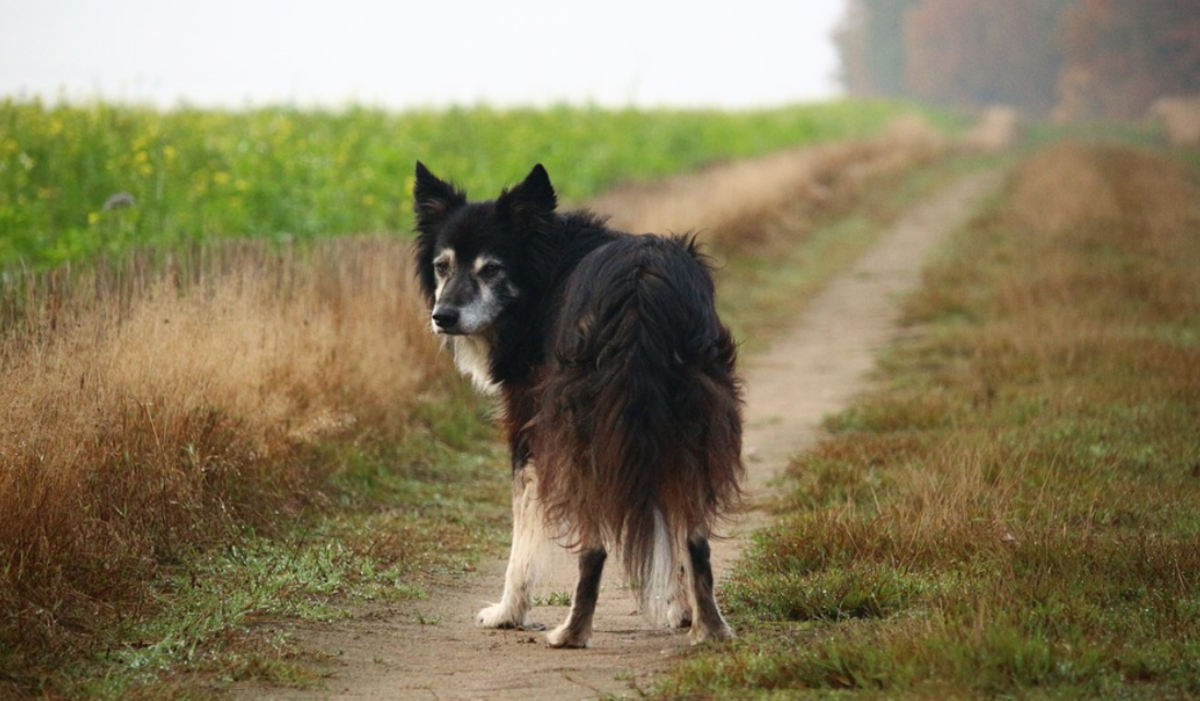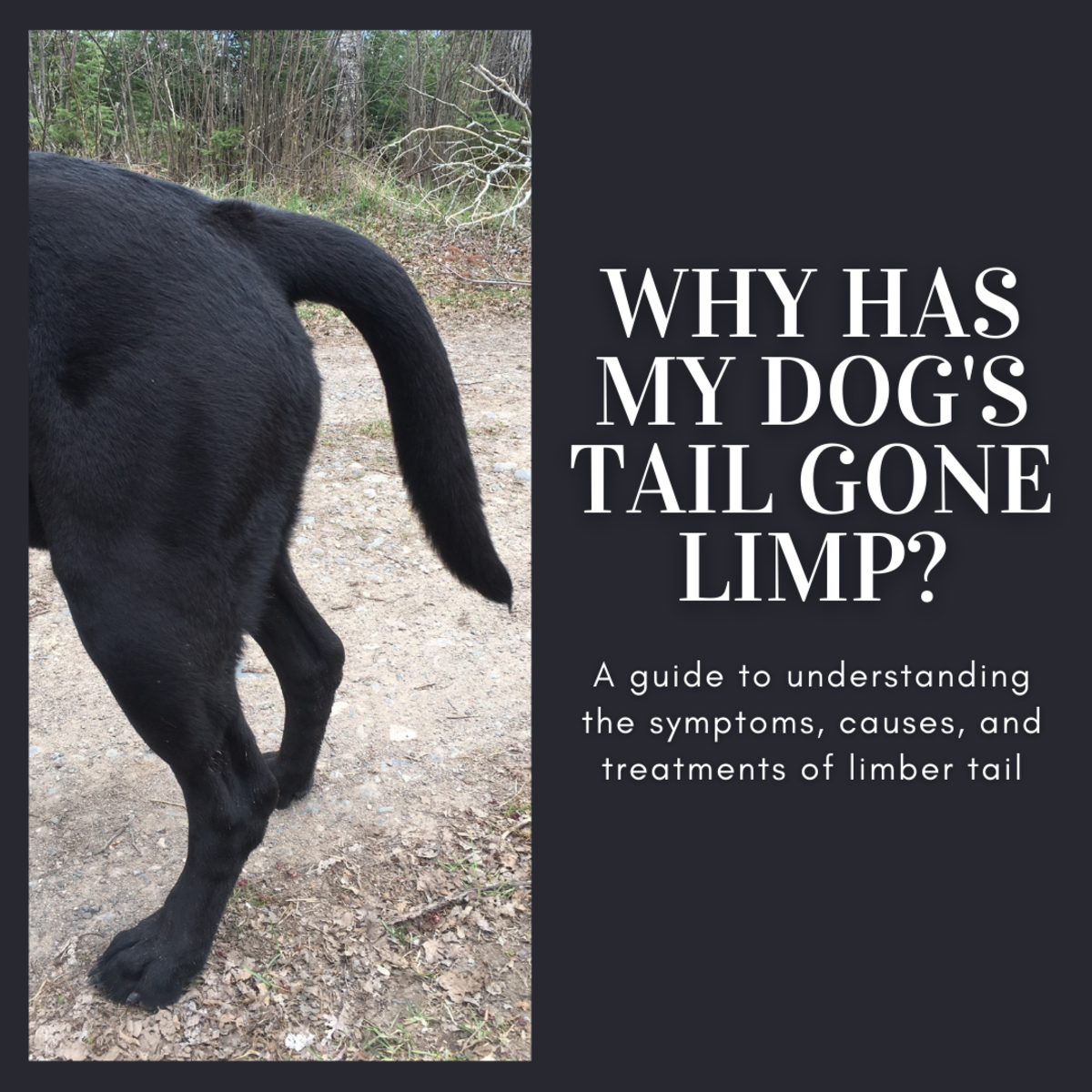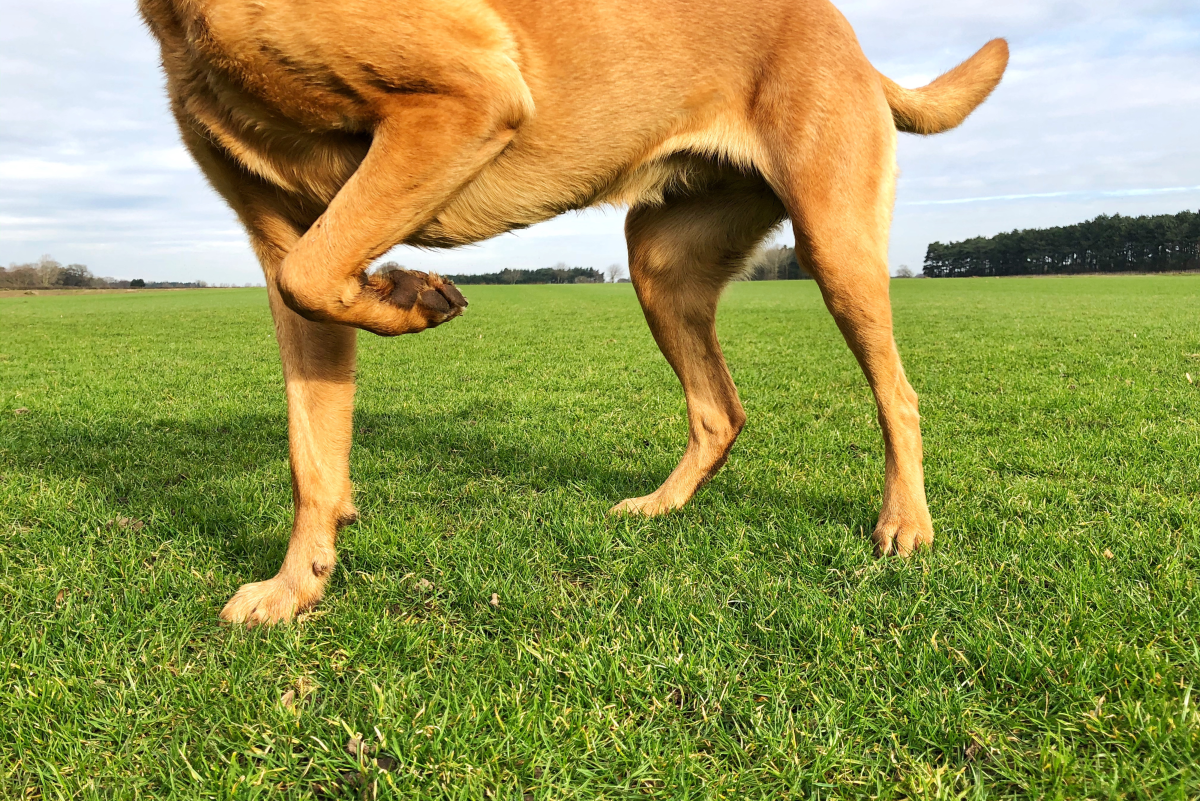Canine Inflammatory Bowel Disease and Diet
Your dog has been diagnosed with canine inflammatory bowel disease. Or maybe you suspect that your pet has it. Regardless, you've been told that your dog needs a special diet. But what exactly is inflammatory bowel disease and what causes it? And most importantly, can it be treated or cured with diet?
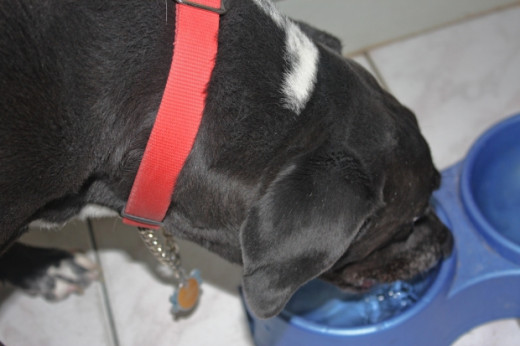
What Is IBD?
IBD or inflammatory bowel disease is a description for conditions arising in the intestines of dogs. The intestines swell and thicken in an autoimmune response towards a particular infection, allergy or condition. Dogs with IBD have episodes of diarrhea and vomiting, or may even have constant diarrhea. IBD is actually not a disease but a reaction to a condition or a disease. Dogs who have this condition are often underweight.

What Can Trigger IBD?
A number of things can trigger IBD. Food allergies and intolerances can cause IBD as can giardiasis and overgrowth of intestinal bacteria. In rare cases, intestinal parasites such as roundworms and hookworms can cause IBD. Autoimmune problems can trigger IBD and some dogs, such as Boxers, can have a hereditary form of IBD.
IBD in Dogs
Have you ever owned a dog who suffered from IBD?
How Can Diet Help?
In most cases of IBD, the dog's intestines react to food the dog has been fed before. Many dogs have food allergies and intolerances on top of IBD, so it's important to feed a diet that has a protein and carbohydrate source the dog hasn't eaten before. That means feeding what is called a "novel" (new) protein source such as duck, venison or some types of fish. The carbohydrate source is often a culprit as well, so choosing something unusual such as millet, potatoes or sweet potatoes might be in order. By feeding a food that the dog has not eaten before, there's less chance of a reaction. This new diet should be maintained for several months.
Your veterinarian can help you find a complete and balanced diet that contains these unique protein and carbohydrate sources.
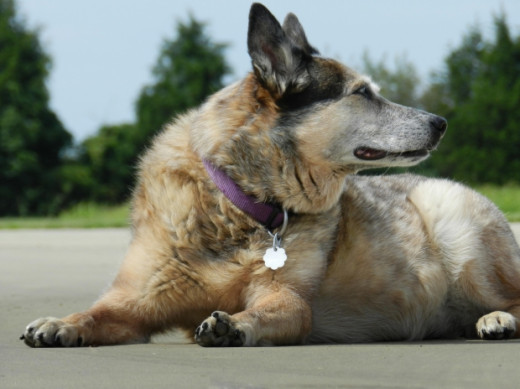
© 2014 MH Bonham




